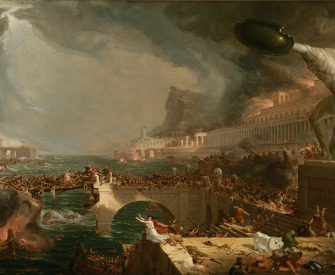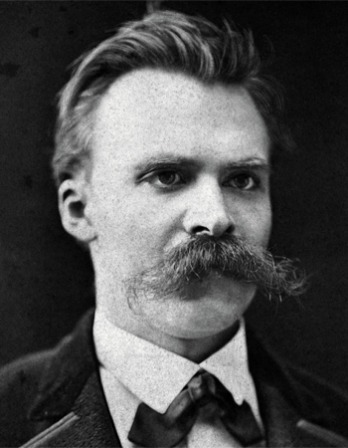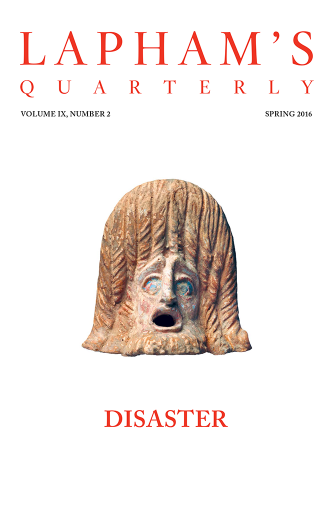’Tis hard to say, if greater want of skill
Appear in writing or in judging ill;
But of the two less dangerous is the offense
To tire our patience than mislead our sense.
Some few in that, but numbers err in this,
Ten censure wrong for one who writes amiss;
A fool might once himself alone expose,
Now one in verse makes many more in prose.
’Tis with our judgments as our watches, none
Go just alike, yet each believes his own.
In poets as true genius is but rare,
True taste as seldom is the critic’s share;
Both must alike from heaven derive their light,
These born to judge, as well as those to write.
Let such teach others who themselves excel,
And censure freely who have written well.
Authors are partial to their wit, ’tis true,
But are not critics to their judgment too?
Yet if we look more closely, we shall find
Most have the seeds of judgment in their mind:
Nature affords at least a glimmering light;
The lines, though touched but faintly, are drawn right.
But as the slightest sketch, if justly traced
Is by ill coloring but the more disgraced,
So by false learning is good sense defaced:
Some are bewildered in the maze of schools,
And some made coxcombs Nature meant but fools.
In search of wit these lose their common sense,
And then turn critics in their own defense:
Each burns alike, who can, or cannot write,
Or with a rival’s or a eunuch’s spite.
All fools have still an itching to deride,
And fain would be upon the laughing side.
If Maevius scribble in Apollo’s spite,
There are who judge still worse than he can write.
Some have at first for wits, then poets past,
Turned critics next, and proved plain fools at last.
Some neither can for wits nor critics pass,
As heavy mules are neither horse nor ass.
Those half-learned witlings, numerous in our isle,
As half-formed insects on the banks of Nile;
Unfinished things, one knows not what to call,
Their generation’s so equivocal:
To tell them would a hundred tongues require,
Or one vain wit’s, that might a hundred tire.
But you who seek to give and merit fame,
And justly bear a critic’s noble name,
Be sure yourself and your own reach to know,
How far your genius, taste, and learning go;
Launch not beyond your depth, but be discreet,
And mark that point where sense and dullness meet.
From “An Essay on Criticism.” The poet and satirist received around £10,000 for his translations of The Iliad and The Odyssey, a sum that allowed him to “…live and thrive / Indebted to no Prince or Peer alive.” Critics attacked Pope for his liberally edited version of Shakespeare’s works, inspiring him to cast his most vehement detractor as the Goddess of Dullness’ favorite son in The Dunciad.
Back to Issue





